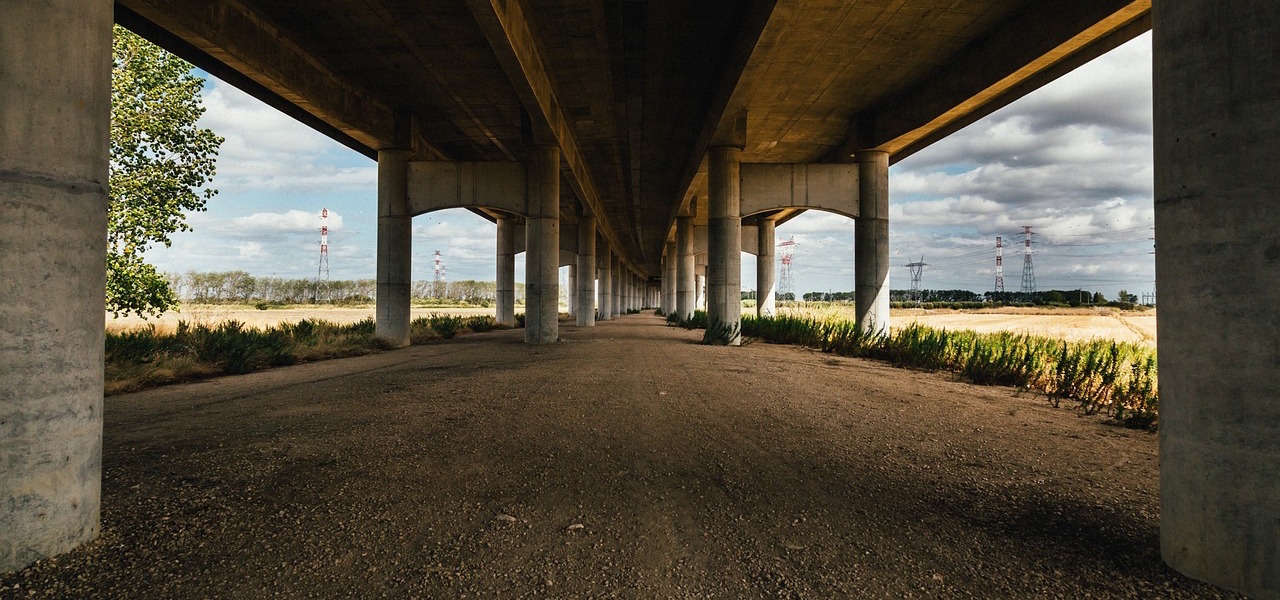Tackle inequality through tax fairness: BC Budget 2018

Over the past decade and a half, BC’s tax system has become remarkably unfair.
CCPA analysis shows that personal tax changes between 2000 and 2016—including income, sales, property, carbon and Medical Services Plan (MSP) taxes—overwhelmingly benefited the wealthiest British Columbians. Households with income over $400,000—the richest 1 per cent—received a tax cut of $39,000 per year on average (or 4.3 per cent of their income) compared to what they would have paid with effective tax rates in 2000 . Households making less than $67,000 per year—those in the bottom 50 per cent—saved an average of just $53 from their tax reduction.
These changes in BC’s overall tax system mean the bottom 90 per cent of households actually pays a higher overall tax rate (what economists refer to as the effective tax rate) as a share of their income than the top 1 per cent of households.
All MSP revenue of $2.6 billion in 2016/17 should be fully replaced with a combination of fairer personal and business taxes.
We welcome the tax measures announced in the BC government’s September budget update that begin to restore some fairness to the system. These include restoration of the top tax bracket on individual income above $150,000 to 16.8 per cent, the increase to the general corporate income tax rate to 12 per cent and the 50-per-cent reduction in MSP premiums—BC’s least fair tax.
As the new BC government moves to fully phase out MSP premiums, we recommend that all MSP revenue of $2.6 billion in 2016/17 be fully replaced with a combination of fairer personal and business taxes. This can be accomplished with small increases in personal income and business taxes (in recognition of the reality that a portion of MSP revenues are paid by employers) in a way that leaves the vast majority of BC households with a lower total tax bill. This would be an important step to achieve greater tax fairness in BC while ensuring all British Columbians enjoy better-funded public services.
We also recommend that costly natural gas royalty credits that serve as a subsidy for fracking operations be reconsidered to ensure that British Columbians get a fair return for natural gas resources including natural gas liquids such as propane, butane and condensate. BC should consider a shift to a gas royalty regime that ensures a minimum royalty to the Province for each unit extracted rather than the current approach that only pays reasonable royalties when market prices are very high.
In the past 10 years, natural gas production in BC has risen by 70 per cent, but the total net royalties paid on natural gas and gas byproducts (gas liquids) fell over that period from $1.2 billion in 2007/2008 to $147 million in 2016/2017.1 The most recent year’s low net royalty rate was affected dramatically by deductions including infrastructure credits, which totalled more than $400 million.
We recommend convening a Fair Tax Commission to review the entire provincial tax system.
Major producers in northeast BC’s Montney Basin predict sharp increases in conventional gas and gas liquids production in the years ahead. In just two years, Encana hopes to double its conventional gas production in the Montney and increase gas liquids production by a factor of five to 70,000 barrels per day.2 Projected increases in natural gas liquids, in particular, suggest that gas liquids are the most valuable hydrocarbons being exploited in northeast BC and will be for some time to come. Budget 2018 should prioritize ensuring that royalty rates on gas liquids reflect the higher value of those resources.
Finally, we recommend convening a Fair Tax Commission to review the entire provincial tax system—including natural resource royalties—to ensure we have the fiscal capacity to address urgent problems facing BC. The Commission should meaningfully consult and engage with British Columbians from all walks of life in all regions of the province about the services they want and how we can fairly pay for them. Such a process could boldly propel the discussion on taxes at a time when income and wealth inequality have reached dizzying heights and there is growing recognition of the need for redistribution and renewed investment for the public good.
Other areas where additional revenues could be generated, if required, include a broader review of natural resource royalties and the taxation of cannabis, which the federal government is in the process of legalizing. We detail a range of options in the CCPA report Progressive Tax Options for BC: Reform Ideas for Raising New Revenues and Enhancing Fairness.
Notes
- Statistics provided by the BC Ministry of Energy, Mines and Petroleum Resources in August 2017.
- Dan Healing. “Uptick in drilling in northeastern B.C. good sign for Alberta Producers.” The Canadian Press. April 17, 2017.
Topics: Economy, Provincial budget & finance, Taxes


